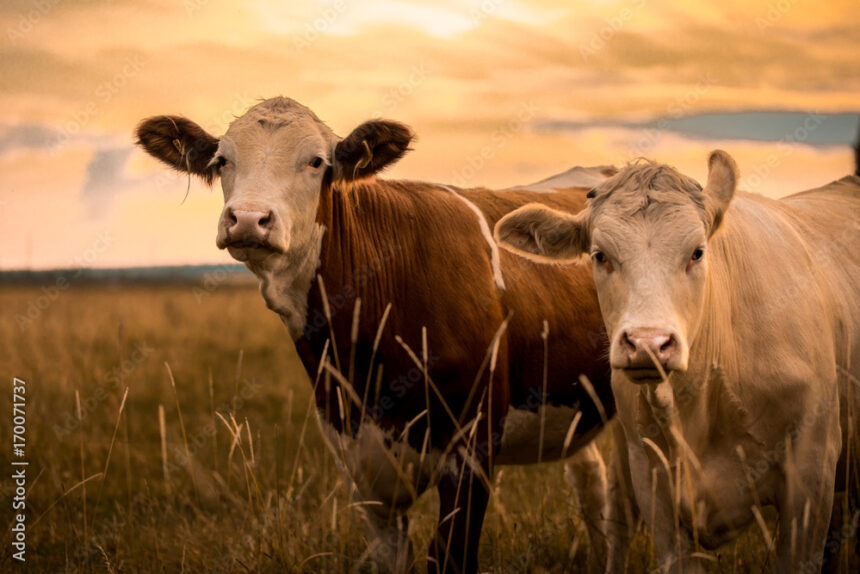Developing a sustainable and profitable livestock farming system in South Africa requires careful planning, efficient management, and adherence to sustainable practices. Here are some tips to help you achieve that:
- Conduct thorough research: Before starting a livestock farming venture, research the market demand, potential profitability, and specific requirements for the type of livestock you plan to raise. Understand the local climate, soil conditions, and available resources to choose the most suitable breed and farming system.
- Develop a comprehensive business plan: Outline your goals, strategies, and financial projections in a well-structured business plan. Include details about your target market, marketing strategies, production methods, and cost analysis. This will help you stay focused and organized throughout the process.
- Implement sustainable farming practices: Aim to minimize the environmental impact of your farm by adopting sustainable practices. Utilize rotational grazing to optimize pasture use and prevent overgrazing, which can lead to soil degradation. Implement proper waste management systems to minimize pollution and consider using organic or regenerative farming methods.
- Prioritize animal welfare: Ensure that your livestock are treated ethically and provided with proper care. Create comfortable and clean living conditions, provide a balanced diet, and maintain regular veterinary care. Adhering to high animal welfare standards can improve productivity and enhance your farm’s reputation.
- Optimize feed management: Feed constitutes a significant portion of livestock farming costs. Implement efficient feed management practices by formulating balanced diets, sourcing locally available and sustainable feed ingredients, and minimizing waste. Regularly assess the nutritional needs of your animals and adjust feed formulations accordingly.
- Diversify revenue streams: Look for opportunities to diversify your income beyond livestock sales. Explore value-added products such as dairy processing, meat processing, or organic manure production. Direct sales to local markets or establishing partnerships with local businesses can also provide additional revenue streams.
- Embrace technology: Leverage technology to enhance efficiency and productivity on your farm. Implement automated feeding systems, monitoring devices, and data analysis tools to optimize resource utilization and make informed decisions. Utilize precision farming techniques to reduce input costs and improve productivity.
- Network and collaborate: Engage with local farming communities, industry associations, and agricultural experts. Attend workshops, conferences, and training programs to stay updated on the latest trends and innovations. Collaborate with other farmers to share knowledge, resources, and market access, which can lead to mutually beneficial partnerships.
- Seek financial assistance: Starting or expanding a livestock farming operation requires significant capital investment. Explore government schemes, grants, and agricultural financing options that support sustainable farming practices. Proper financial management and strategic planning are crucial to ensure profitability.
- Continuously learn and adapt: The agriculture industry is evolving rapidly, with new technologies and practices emerging. Stay informed about the latest research and developments in livestock farming. Continuously evaluate your farm’s performance, identify areas for improvement, and adapt your strategies accordingly to remain sustainable and profitable.
Remember, building a sustainable and profitable livestock farming system takes time, patience, and dedication. It is essential to strike a balance between economic viability, environmental stewardship, and social responsibility to create a successful and resilient farming operation.







